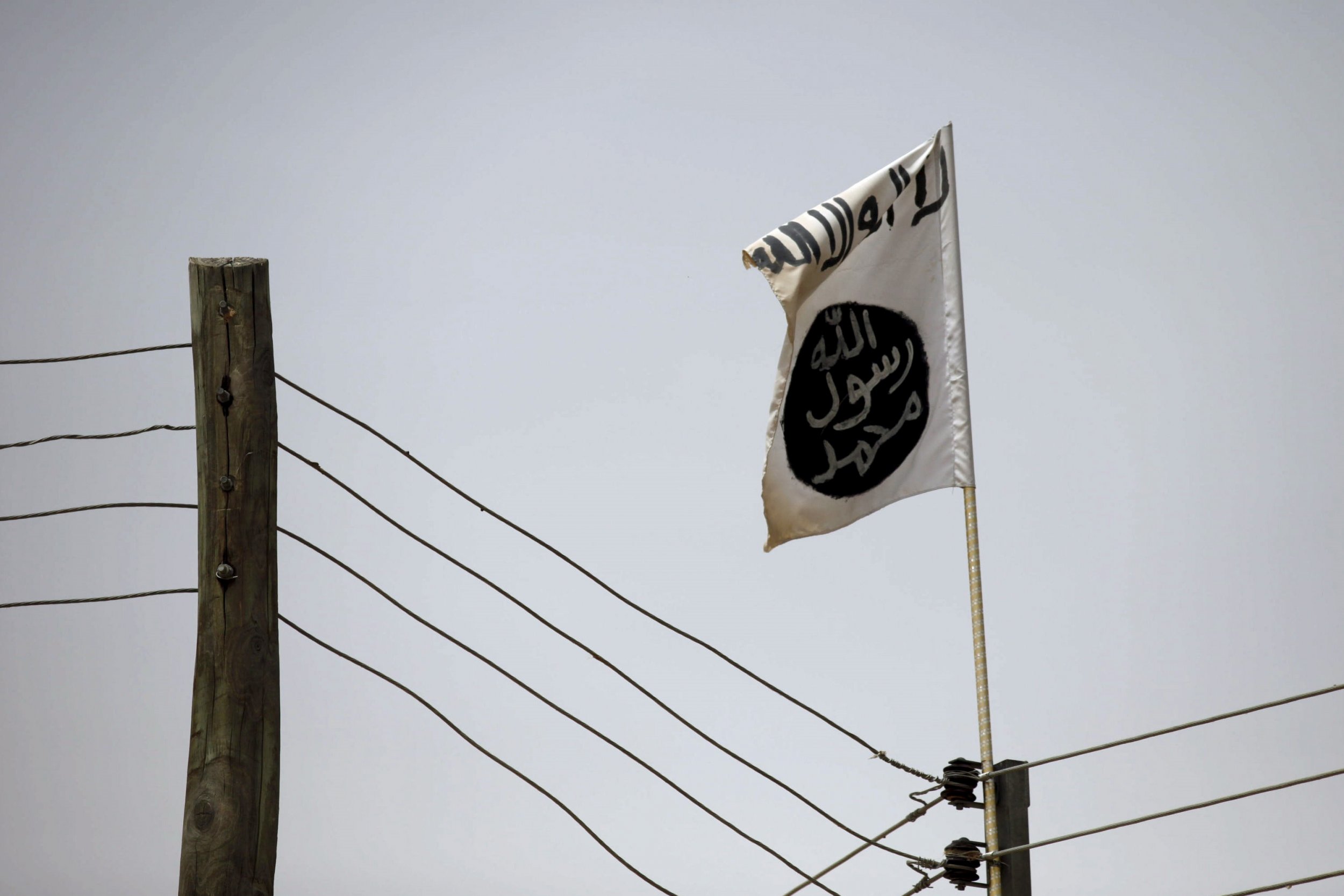
The kidnap of hundreds of women and children by Boko Haram shows that the Nigerian militant group will continue to survive despite the successes of the Nigerian military's counter-insurgency campaign in the country's northeastern regions, a former U.S. ambassador to Nigeria has said.
As the terror group retreated from the town of Damasak in Borno state earlier this month it kidnapped as many as 500 children and women, according to local reports. Nigerian military spokesman Mike Omeri confirmed the large-scale abduction in the town but could not specify the number of people kidnapped, in comments made to the Associated Press. He added that the extremists rounded up students and teachers in Damasak's schools before retreating from the town.
John Campbell, former U.S. ambassador to Nigeria and senior fellow for Africa policy studies at the Council on Foreign Relations (CFR), says the kidnap demonstrates that, despite the gains made by the Nigerian military in its six-week offensive against Boko Haram ahead of Saturday's presidential election, the group will survive by going underground.
"The significance of this kidnap illustrates quite clearly that it is possible to roll Boko Haram's occupation of territory back, but without defeating it," says Campbell.
"It managed to drive them out of a particular locale without defeating them. The nature of Boko Haram is that it can be driven out of a territory but it simply melts back into the countryside or into the slums and continues on," he adds. "We saw this after Mohammed Yusef's [former Boko Haram leader] murder in 2009, when Boko Haram went underground only to re-emerge in 2011."
Nigerien and Chadian forces retook the town of Damasak, approximately 200km (120 miles) from state capital Maiduguri, from Boko Haram earlier this month. Last week, the forces discovered at least 70 bodies at an execution site on the outskirts of the town. A regional coalition consisting of forces from Nigeria, Chad, Niger and Cameroon has been battling the terror group in the country's northern regions.
Boko Haram will continue to pose a security threat as they move away from urban areas and into remote areas of northeastern Nigeria such as the Sambisa forest, the Mandara mountains, and the caves of the Gwoza Hills, says Imad Mesdoua, a political analyst at Africa-focused advisory Africa Matters.
"There are also tunnels, hideouts and bunkers the group has established over the years in some urban areas which they can use," adds Mesdoua. "In many instances, Boko Haram fighters can even blend back into the population in some of the conquered towns. That poses a significant security threat."
The mass kidnap in Damasak comes almost exactly a year after more than 270 schoolgirls were kidnapped in the village of Chibok, Borno state, by the group, sparking international outrage amid claims that the girls were being married off to the group's fighters.
According to the Council on Foreign Relations, Boko Haram killed over 10,000 people in 2014, the deadliest year in their six-year insurgency against Nigerian authorities in hope of creating an Islamic caliphate. They have already reportedly slain more than 2,000 people in the first months of 2015 following a series of mass killings in the town of Baga, in the state of Borno.
Heightened military action against Boko Haram, sanctioned by president and People's Democratic Party (PDP) leader Goodluck Jonathan, comes ahead of one of the closest elections since Nigeria transitioned to a democratic voting system in 1999. Opposition All Progressives Congress (APC) leader and former military general, Muhammadu Buhari, has criticised Jonathan for failing to tackle the six-year insurgency until recent months.
Uncommon Knowledge
Newsweek is committed to challenging conventional wisdom and finding connections in the search for common ground.
Newsweek is committed to challenging conventional wisdom and finding connections in the search for common ground.
About the writer
Jack is International Security and Terrorism Correspondent for Newsweek.
Email: j.moore@newsweek.com
Encrypted email: jfxm@protonmail.com
Available on Whatsapp, Signal, Wickr, Telegram, Viber.
Twitter: @JFXM
Instagram: Read more
To read how Newsweek uses AI as a newsroom tool, Click here.








